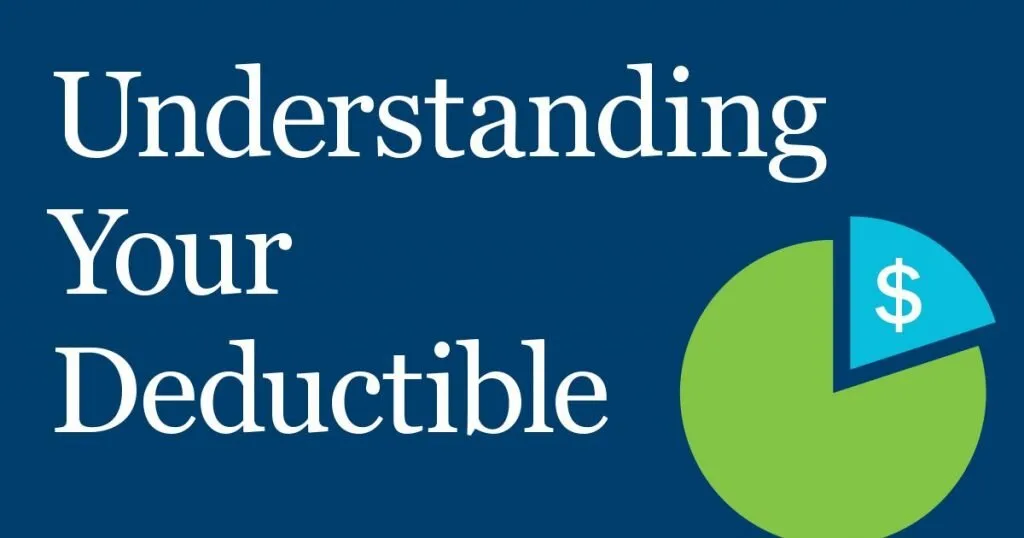Home insurance protects your home and belongings from unexpected incidents, such as natural catastrophes, water damage, theft, and more.
But like any other insurance, home insurance policies come with deductibles. A deductible is the amount you need to pay before your insurance kicks in to cover the remaining cost.
Even though paying a home insurance deductible is part of most insurance policies, there are ways to minimize or even avoid paying it altogether.
In this blog post, we will discuss various ways to avoid or reduce your home insurance deductible and provide valuable tips to make the best decision for your situation.
1. Choose a Higher Deductible
By opting for a higher deductible, you can significantly lower your monthly or annual home insurance premiums. The deductible is inversely proportional to your premium, which means the higher the deductible, the lower your premium.
However, this means that in the event of a claim, you’ll have to pay more out-of-pocket.
Pros:
- Lower monthly or annual insurance premiums
- Can lead to substantial long-term savings
Cons:
- Higher out-of-pocket cost when you file a claim
- Might not be suitable for those with limited finances
2. Focus on Preventative Measures
Investing in preventive measures, such as installing a security system, having smoke detectors and fire extinguishers, and reinforcing your home against storms, can help reduce the likelihood of filing a claim.
As a result, you may not have to pay the deductible.
Pros:
- Reduces the chances of filing a claim
- Increases safety and peace of mind
- Might qualify you for discounts on your home insurance policy
Cons:
- Initial investment to improve your home
3. Build a Home Maintenance Fund
Create a separate fund for home maintenance. Use this money to carry out routine maintenance and inspections to avoid potential problems that may lead to filing a claim.
By maintaining your home well, you will less likely need to pay a deductible.
Pros:
- Regular maintenance helps you identify and fix potential problems
- Saves you from hefty repair bills and insurance deductibles
Cons:
- Dedication to setting aside money for this purpose
4. Shop Around for the Best Insurance Policy
Compare home insurance policies from different companies to find one that suits your needs best. Look for policies that offer lower deductibles or look for discounts for which you might be eligible.
This will help you avoid or lower the deductible payment.
Pros:
- Helps you find a policy that better matches your requirements
- Opportunities to secure discounts and save money
Cons:
- Requires time and effort to research and compare policies
5. Maintain a Good Claims History
By minimizing the number of claims you make, insurance companies will see you as a low-risk client, which may qualify you for a lower deductible.
File claims only for significant incidents and handle minor repairs yourself whenever possible.
Pros:
- Lower your perceived risk as a policyholder
- Can help you secure lower premiums and deductibles
Cons:
- Involves self-funding for minor damages and repairs
In conclusion, understanding the importance of home insurance deductibles and finding ways to avoid or reduce them can have significant benefits.
By taking preventive measures, opting for a higher deductible, maintaining a home maintenance fund, shopping around for the best policies, and minimizing your claims history, you will save money and enjoy peace of mind.
Always remember that while avoiding the deductible might be desirable, having proper insurance coverage is vital.

